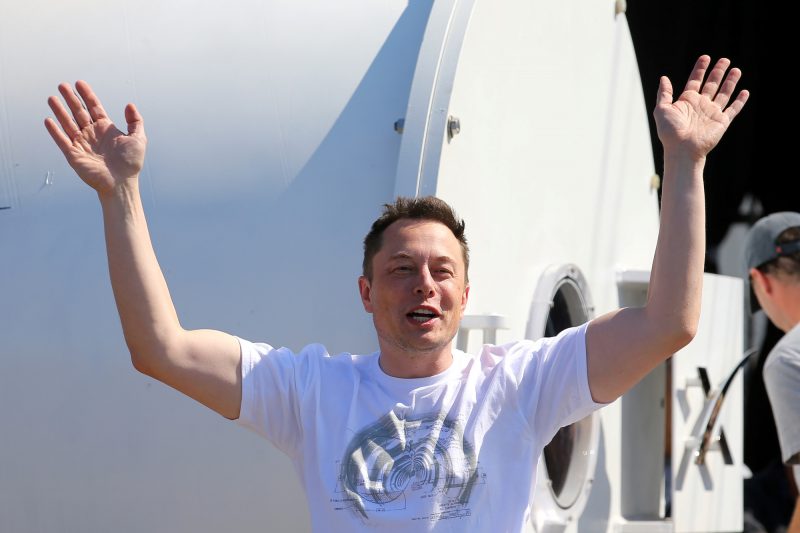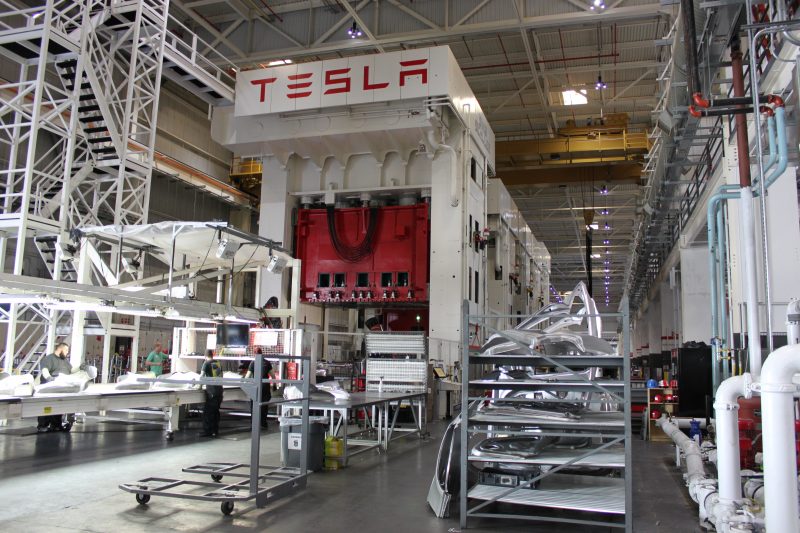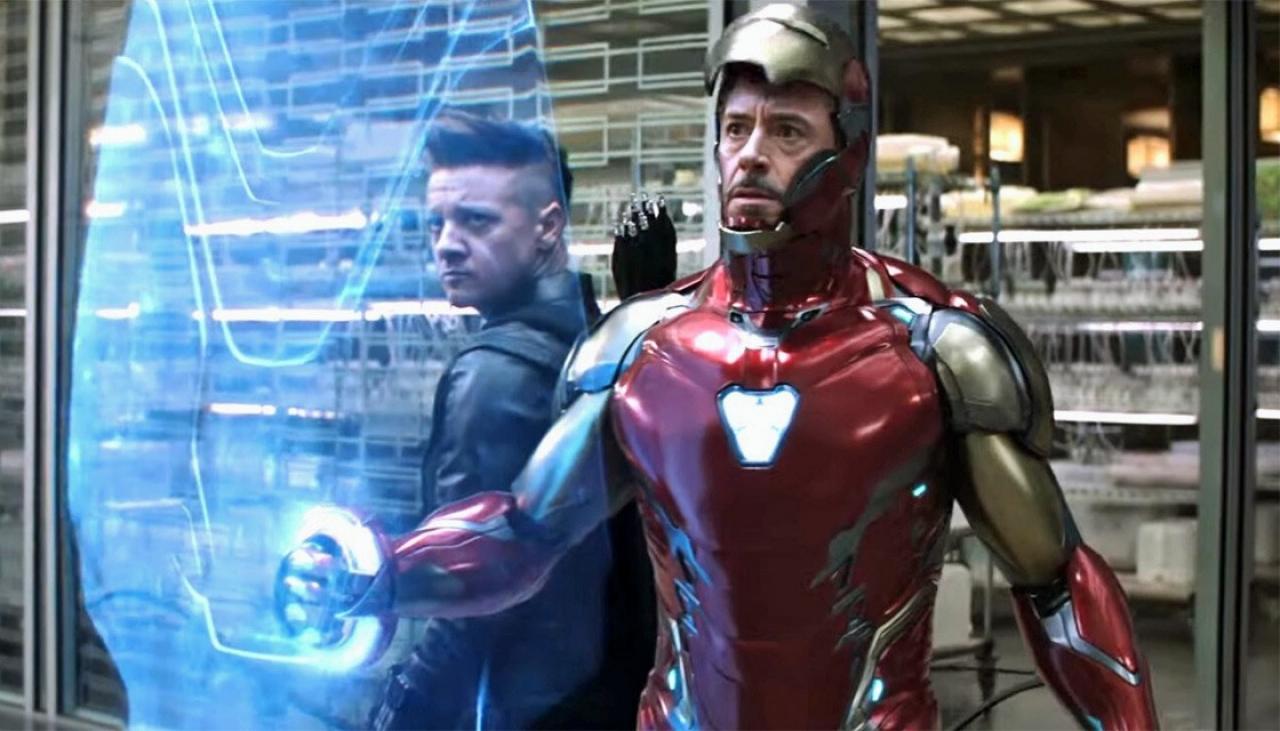- Tesla on Thursday announced plans to raise $2 billion in new funding.
- Tesla telegraphed the funding raise after it reported disappointing first-quarter earnings – and investors may be wondering why the company held out for so long.
- The raise will invite new dismay from Tesla’s critics, but it could drive the market value of the company higher.
- Visit Business Insider’s homepage for more stories.
If you’ve seen “Avengers: Endgame” (spoilers ahead for anyone who hasn’t seen it yet) then you know that Tony Stark’s Iron Man vacillates on whether he should invent a time machine to undo the tragedy of the previous installment in the superhero series.
Stark eventually goes all in with Earth’s Mightiest Heroes, ending Robert Downey Jr.’s brief crack at playing Hamlet. The Stark character, a billionaire technologist, was based on Tesla and SpaceX CEO Elon Musk – and Musk has been going through his own version of the Elsinore vacillation for over a year, as Tesla has burned a mountain of cash with no money-raising in sight.
The carmaker, after a rough first quarter where it lost $700 million, is now down to about $2 billion in cash. That’s uncomfortable, so Tesla has finally decided to sell some more equity and issue some additional debt. In a filing Thursday, it revealed plans to raise another $2 billion.
That’s still pretty skinny for an automaker with a $40 billion market cap. Ford has $24 billion in cash, with an extra $35 billion available through various other liquidity financing channels. That’s enough to ride out several years’ worth of recessions. Tesla, meanwhile, has enough scratch to keep the lights on for about a year.
Musk had obviously hoped to keep Tesla on a lean cash diet, avoiding the humiliation of returning yet again, hat in hand, to Wall Street. But there's no shame, really, in being in the car business and raising money. It's a capital-gobbling industry, and for a century bankers have arranged for its ongoing funding.
Tesla remains a risky investment

Tesla is actually unique in that until quite recently, when companies such as General Motors started developing lines of business that could attract outside investment (its Cruise unit is now worth about $15 billion, after infusions from SoftBank and Honda), automakers had to issue debt rather than sell equity to fund operations. Tesla's stock price, though depressed from historic highs, is still well above $200 per share and is a useful form of super currency.
Musk, of course, might now wish he could invent a time machine to go back to when Tesla's shares were higher than $300 and its market cap surpassed GM's. But a raise at current levels should be popular; the markets have justifiably discounted Tesla, and shares spiked 5% on Thursday morning when the funding raise was announced. Investors might sense a good deal, and for the record, $250 is around where Tesla has sold equity before.
The debt piece of the raise is larger: $1.35 billion. Tesla's most recent issuance was high-yield and oversubscribed, and as the company's financial waters have gotten choppier, the quality of these bonds has declined. Tesla's next issue will be convertible notes, due in 2024. (It has sold convertible debt in the past, but earlier this year the notes failed to meet their share-price bar, and Tesla had to pay out in cash.)
The upshot is that while the rest of the auto industry is loading up on cash, Tesla's balance sheet will contain more debt. No one talks much about this, but for Tesla to ramp up a car company in 2019 means its costs are in 21st-century money, while competitors that have been around for over 100 years can enjoy having built factories in the 1920s or 1950s or 1980s.
The reality of Tesla's business

The reason no one talks about it - and by "no one" I mean the delusional Tesla bulls who analyze the company as though it were a Silicon Valley startup with 20 laptops and a cold-brew tap - is that it's an inconvenient truth of Tesla's actual business. The company, for example, operates a gigantic hydraulic press that takes sheets of aluminum and smashes them into the panels that make up automobiles. You can't buy one of those at the Apple Store.
The ARK Invests of the world will see this raise as the first of many to fund a transformation of Tesla's 15-year existence: Electric cars are so 2010 - the action now is with robo-taxis! I'm sort of with them here, even though I'm baffled by their daffy "analysis" of Tesla's opportunities. In fact, it's been challenging to figure out why Tesla hasn't capitalized on its lofty stock price to put the financing risk to bed earlier.
Bears will view a raise as desperate capitulation rather than good industrial logic. But they've been serially wrong about Tesla for so long now that it feels as if nothing short of bankruptcy liquidation for the firm and jail time for Musk would make them happy. Weirdly, they probably knew that fundraising was inevitable and will devise interesting new ways to style their dismay as Tesla effortlessly rakes in a couple billion more.
They might be wishing they could invent a time machine of their own. Profiting from Tesla's decline requires 25 hours a day, eight days a week. Meanwhile, anybody who just, you know, bought the stock in 2010 is up 810%. Musk might be able to vacillate longer than some of his critics can remain solvent.

